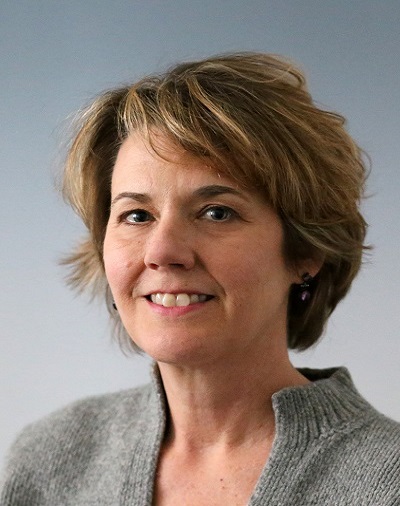
Diana Schendel, PhD, Leader of the Modifiable Factors in Autism Research Program
Dr. Diana Schendel has spent her career investigating the underlying causes of different health patterns across populations, including a special interest in maternal reproductive health and child development, but it was during her time at the Centers for Disease Control and Prevention (CDC) that she began to focus on risk factor studies that could yield the possibility of population-level intervention opportunities to improve overall public health. “Some of my earliest epidemiologic work at CDC was looking at the developmental effects of such factors as specific maternal treatments in pregnancy and maternal infection in pregnancy primarily because these factors were potentially modifiable.” Schendel’s work has encompassed large, population-based studies to investigate a wide range of public health and epidemiologic questions in autism such as prevalence, geographic patterns, time trends, and possible reasons for the trends; autism perinatal risks such as parental age, maternal prenatal infection, and medication use; co-occurring conditions, mortality, and medical outcomes in autism; familial risk patterns and socio-demographic patterns. “In order to carry out these large studies, the vast majority of my work has involved multi-site or multi-national collaborations using national- or regional-level data because I share the conviction, along with many others, that to achieve understanding of the complexity of autism and neurodevelopment in general requires a large scale, multidisciplinary reach.”
Dr. Schendel was drawn to the Autism Institute’s focus on autism research across a broad array of issues. “The overarching goal of applying a public health science perspective to research and activities that could address critical gaps in public health action for autism seemed like a great fit for me!” She was thrilled at the opportunity to become a part of a multidisciplinary group of researchers who approach autism from diverse angles and different research areas. “One thing my work in modifiable factors in autism research has taught me is to recognize the awe-inspiring complexity of neurodevelopment and how far we still have to go to fully understand how all the pieces fit together.
Dr. Schendel joined the Institute remotely from Aarhus, Denmark in July of 2020, after spending seven years as a professor in psychiatric epidemiology and senior researcher in the Lundbeck Foundation Initiative for Integrative Psychiatric Research (iPSYCH) at Aarhus University. “Ironically, the remote work demands and restricted travel for everyone during the pandemic meant that working and leading the MFA team from another country was really no different from all the other MFA team members having to working remotely during the pandemic.” Though she’d met some of the Institute team as well as her Modifiable Factors in Autism (MFA) colleagues in person when visiting in 2019, she spent her first year as Leader of the MFA research program connecting with people virtually. “We all had to deal with the same constraints and challenges with remote work, which actually pulled us together and created a common bond. We learned how to work together effectively in a remote-mode world.”
As Dr. Schendel gets settled in her new home in Philadelphia this winter, she’s also looking forward to the ways in which the Modifiable Factors in Autism program can grow under her leadership. “I am very excited about the possibility of expanding Modifiable Factors in Autism research to encompass investigations of modifiable factors that impact outcome in autistic persons across the lifespan, such as investigating factors that might contribute to a delay in getting an autism diagnosis, having a less-than-optimal response to a treatment, getting a job after leaving school or staying healthy as an adult. I hope to engage closely with other investigators at the Institute to develop these kinds of life course studies which integrate our different disciplines and expertise and build collaborations across the multidisciplinary strengths of the Institute.”